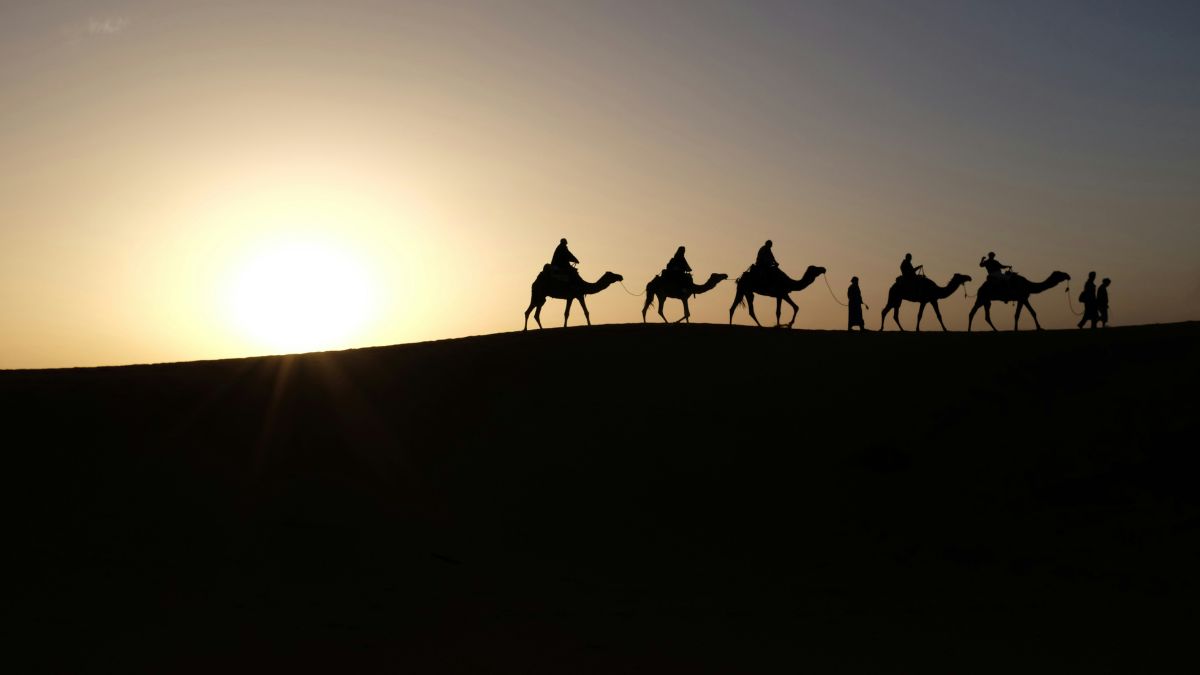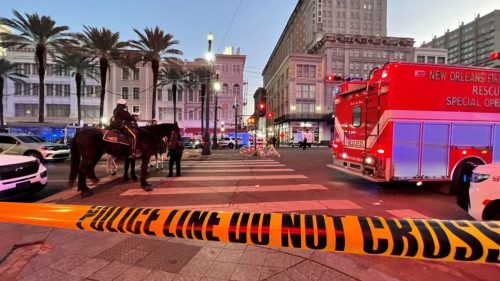

BreakPoint
Today’s BreakPoint offer: “Your Vote Counts” by Mariam Bell (from BreakPoint WorldView).
Alan Cooperman, “Conservatives Rally Against Bush Aide-Turned-Critic,” Washington Post, 14 October 2006, A03.
T. M. Moore, “Fasting from Politics?” The Point, 16 October 2006.
“Author Discusses Bush Administration’s Faith-based Initiatives,” Online NewsHour, PBS, 24 October 2006.
Diane Singer, “Medved on the Elections,” The Point, 26 October 2006.
Roberto Rivera, “Where Did That Chair Go?” The Point, 24 October 2006.
BreakPoint Commentary No. 040513, “A Sacred Duty: Why Christians Must Vote.”
Charles Colson, Kingdoms in Conflict (Zondervan, 1989).
Is It a Sin not to Vote?
Is it a sin not to vote? That’s a question that’s been very much in the news in the wake of the supposed exposé by David Kuo, author of Tempting Faith. Kuo, a former aide to President Bush, says he became disillusioned when he heard administration staffers call evangelicals “nuts” and “goofy.” He was also bothered that staffers used political judgments in deciding where to hold briefings. Really? What administration since George Washington has not considered politics when scheduling meetings? As for the “nuts” charge—assuming it’s true—well, I’ve probably used the same term myself to describe some overly zealous brethren. Kuo’s book is of particular interest to me because he credits my book Kingdoms in Conflict with both launching his political career and warning him about evangelicals in politics. I’m flattered that my writings influenced David, but he really needs to read my book more closely. And as a Christian who has worked with President Bush on issues ranging from AIDS to sexual trafficking to slavery in Sudan to prison rape, all of which the president delivered on, my experience could not be more different from what David describes. Does this mean I’m in the president’s pocket? I’ve met with the president on numerous occasions and unapologetically consider him my friend, but he has never once asked me to support him. Nor has he asked me to endorse him politically, something I wouldn’t do. In fact, I’ve criticized his decisions when I’ve disagreed with them. If this is what it means to be manipulated, give me more of it! David Kuo is right, however, about one thing: Christians involved in politics must maintain their independence; without that, we play into the hands of those—Republicans and Democrats—who would use us. Both parties are doing and saying things to attract so-called values voters. And I say good: I’d like to see Republicans and Democrats work to protect innocent human life at every stage, stop AIDS, end the destruction of the family, and take care of prisoners and the poor. But Kuo is dead wrong to suggest that that Christians ought to enter into a time of “fasting” from politics. These words, which I wrote in 1987, that so influenced David are true today: “Christians need to influence politics for justice and righteousness.” But we must do so “with eyes open, aware of the snares . . . Today Christians may find themselves suspect—I have experienced this myself—to the very people on whose side they are fighting. But that is the price they must pay to preserve their independence and not be beholden to any political ideological alignment.” That’s what I wrote in 1987; that’s what I mean today. Fasting from politics is the exact opposite of what I taught David Kuo, however. Only by continuing to fight for our beliefs, regardless of the temptations, compromises, or being called “nuts,” can we achieve the kind of moral reform and protection of human rights that Christians throughout the centuries and in every culture work for. This is why Christians must never “fast” from politics. And it’s why Christians, of all citizens, ought to be lining up to vote on Tuesday. Do your civic duty because you’ll do your duty to God in the process. And to abandon the battle on behalf of the sick and the suffering, the prisoner and the unborn: That would be a true sin.
| For Further Reading and Information |
11/1/06















